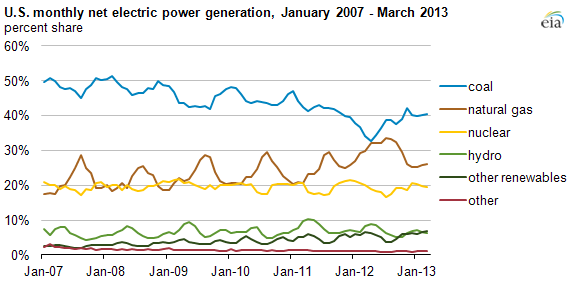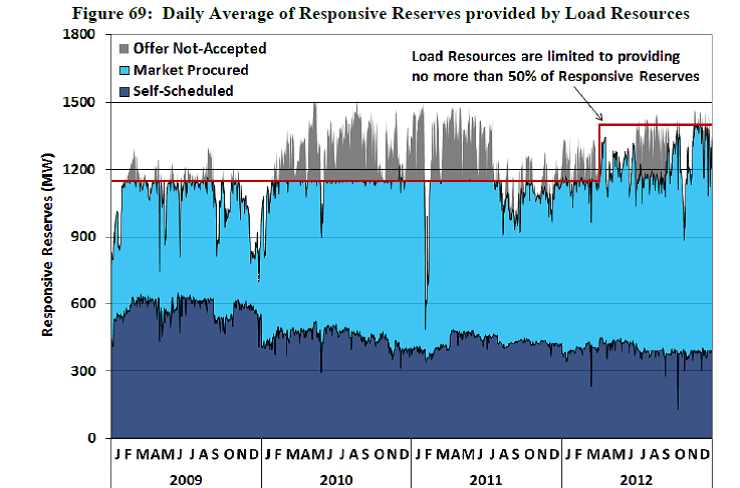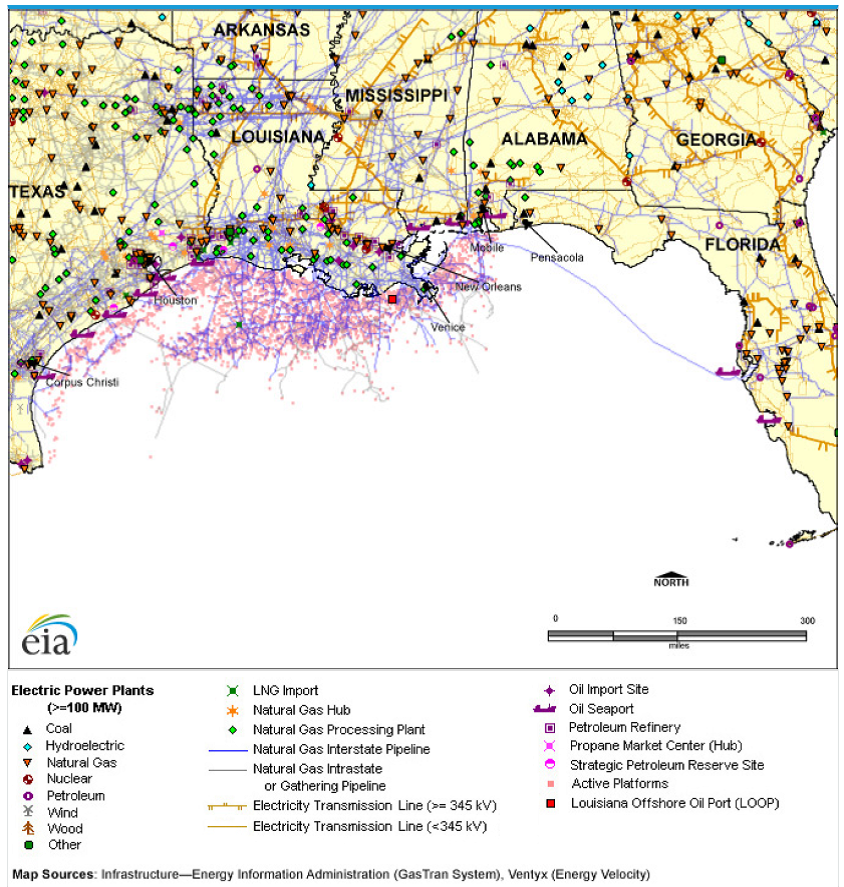Shale gas exploration and production has been a boom to the energy sector. Suddenly, the U.S. is awash in ample supplies of natural gas and oil. The explosion in energy resources available from shale deposits in the continental U.S. has led the Energy Information Administration to opine that the U.S. could be completely energy self-sufficient in the next 20 years. However, this unexpected expansion of oil and gas exploration and production has stressed the electric transmission systems, especially in areas of West Texas, where the available transmission capacity has not been able to keep up with demand. Electricity usage in West Texas has risen more than 20% since 2009. Therefore, congestion costs increased dramatically. From 2011 to 2012, congestion charges increased ~390% on average.
Dennis Vegas
Recent Posts
Will Texas Energy Reliability Problems Hurt E&P Growth
Posted by Dennis Vegas on Jul 25, 2013 1:00:00 PM
Topics: ERCOT, energy risk management, demand response, energy reliability
Energy Risk Management: 3 Reasons Why Nat. Gas Will Displace Coal
Posted by Dennis Vegas on Jul 23, 2013 7:15:00 AM
According to the Energy Information Administration (EIA), the electricity generation sector is responsible for over 90% of the total coal consumption in the U.S., and coal fired generation has historically been the most prominent source of electricity production. As seen in the graph below, however, natural gas has been increasing its market share as generation feedstock over the past couple of years. In February 2012, Coal and Natural Gas had the same percent share of power generation in the U.S.
Topics: energy risk management, energy management consulting, energy procurement, natural gas
CSAPR: The Not-So-Friendly Ghost and Energy Risk Management
Posted by Dennis Vegas on Jul 18, 2013 7:15:00 AM
In 2012[1], the Environmental Protection Agency (EPA) suffered a legal set-back as the Court of Appeals for the District of Columbia (D.C. Appeals Court) struck down the agency’s Cross-State Air Pollution Rule (CSAPR). CSAPR set emission reductions goals for sulfur dioxide and nitrogen oxide for not only the pollution sources in the state, but also attempted to regulate these emissions that are blown across state lines.
Topics: Heat Rates, energy risk management, energy management consulting, EPA
ERCOT Resource Adequacy Driving Energy Risk Management Strategies
Posted by Dennis Vegas on Jul 10, 2013 7:00:00 AM
Every year, Potomac Economics, publishes Independent Market Monitoring (IMM) reports for multiple electricity wholesale markets. The annual reports provide a competitive assessment of such markets. Over the past several years, the IMM has consistently found that the ERCOT markets are generally competitive and functioning well, although the IMM has always suggested market enhancements. In the 2012 State of the Market Report, there was significant emphasis in discussing one of the largest challenges facing the ERCOT market—future resource adequacy. While resource adequacy presents a challenge to ERCOT as the grid operator, it provides opportunities for end users to participate in Demand Response programs as part of a comprehensive risk management strategy.
Topics: ERCOT, energy risk management, demand response, energy reliability
In many states, end use customers, have the choice to select energy suppliers to serve their natural gas and/or electricity needs. While selecting an energy supplier might seem to be a simple task, there are multiple factors that need to be considered. Choosing a supplier based only on “lowest price”, could result in unexpected charges and unpleasant surprises down the road.
Topics: energy risk management, energy procurement, energy savings, energy supply
Energy Management Update: Water Shortage Could Stall Fracking
Posted by Dennis Vegas on Jun 11, 2013 12:37:00 PM
Typically, discussions about drought conditions center on the impact a lack of rain has on agriculture; however, water and drought conditions have a significant impact on the energy sector as water is used for cooling purposes in power plants and the lack of water can negatively impact generation, creating stress on the electric grid during periods of high demand. While the impact of water on power plant output has been understood for years, the explosion in fracking has added another pressure point on the water supply.
Topics: energy risk management, energy management consulting, energy procurement, natural gas, energy management
Summer 2013: Weather Impact on Energy Reliability, Prices and Risk
Posted by Dennis Vegas on Jun 7, 2013 1:25:00 PM
According to the National Oceanic and Atmospheric Association (NOAA), summer 2013 will be above average in West Texas and in the Mid-Atlantic states. The outlook both in terms of temperatures (left hand side) and projected rainfall (right hand side) is summarized in the following set of four maps, with the top maps being the outlook for June and the bottom ones the outlook for the entire summer (June-August).
Topics: ERCOT, energy risk management, energy management consulting, energy procurement, weather outlook, PJM Energy, energy reliability
According to the National Oceanic and Atmosphere Administration (NOAA), the 2013 Hurricane Season is predicted to be more active than normal. In its forecast released on May 23rd, NOAA anticipates 13-20 named storms, with 7-11 of those becoming hurricanes and 3 to 6 of those being Category 3 or higher hurricanes. The averages call for only 12 named storms, 6 hurricanes and only 3 of those becoming major storms. Given this outlook, the question becomes how will this impact natural gas prices?
Topics: energy risk management, energy procurement, weather outlook, reliable energy, demand response
Economic Demand Response: What It Is And Why You'll Want It
Posted by Dennis Vegas on May 27, 2013 7:15:00 AM
In looking at energy management risks, it is rare to find a scenario where both the supplier and the end user can benefit. However, with the expansion of demand response programs to include what is called “economic demand response” offers a rare situation where not only do the supplier and end user benefit, but so does society as a whole.
Topics: energy risk management, energy management consulting, energy reliability, economic demand response
M2M and Telecom.. Making Energy Management Profitable and Effective
Posted by Dennis Vegas on May 23, 2013 7:00:00 AM
In the 1960s, the Jetson’s was a Saturday morning cartoon staple that included a robot butler, flying cars, and an automated house. Some fifty years later, flying cars and robot butlers are not quite here, but the ability to fully automate a house is coming to fruition as a result of machine to machine (M2M) technology relying on the vast mobile network which has sprung up in the U.S. and around the world.
Topics: energy risk management, energy management consulting, energy reliability, Telecommunications, M2M







